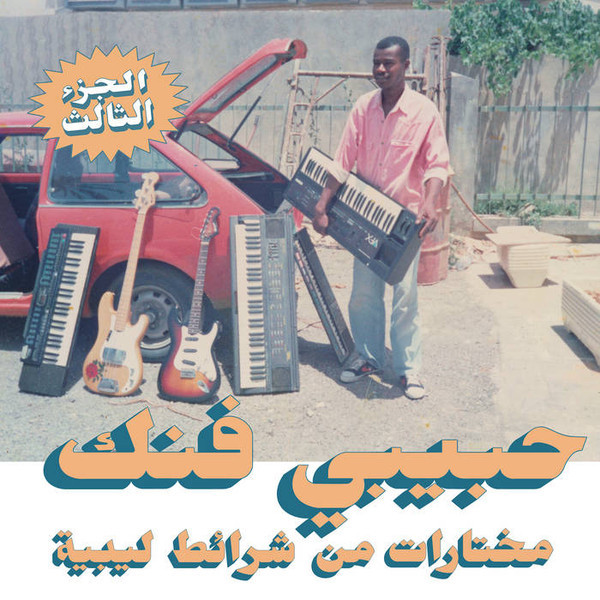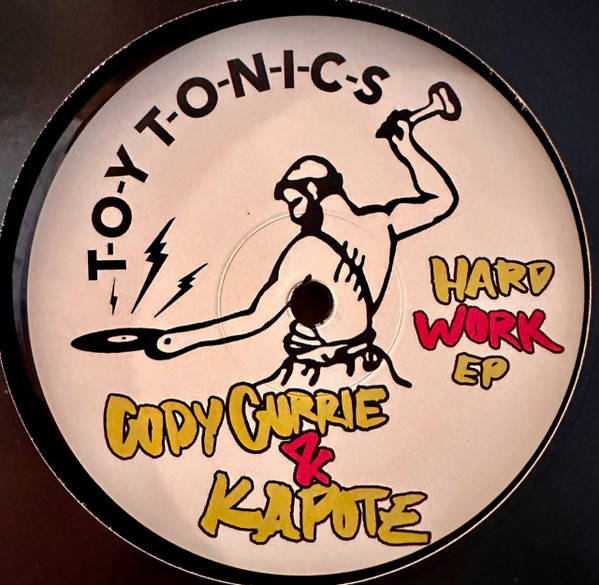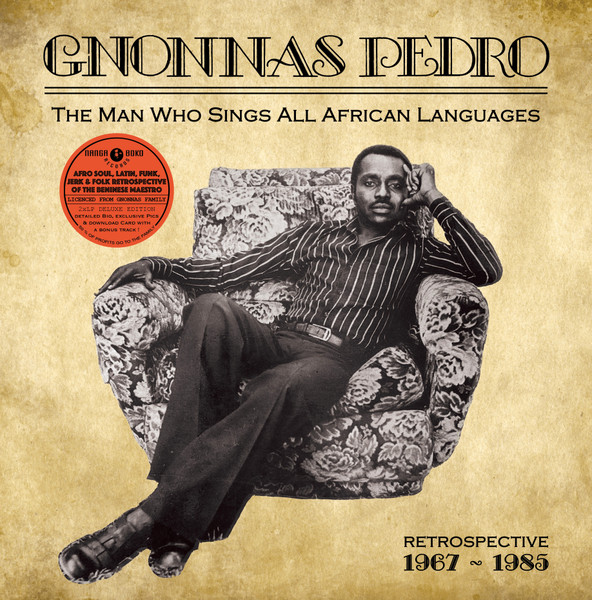By continuing your navigation on this website, you accept the use of cookies for statistical purposes.
Various
Habibi Funk 031: A Selection Of Music From Libyan Tapes


1
Cheb Bakr - Allom
2
Group Hewaya - Irja
3
Shahd - Erhal Keef Alshams Tgheeb
4
Ahmed Ben Ali - Jara
5
The White Bird Band - Ya Ummi
6
Khaled Al Melody - Jani Bigool
7
Fathi Aldiyqz & Sons of Africa Band - Palestine Is My Homeland
8
Libya Music Band - Kol Al Mawaeed
9
Stars of Africa - Baed Al Farha
10
Khaled Al Reigh - Zannik
11
Khaled Al Zlitni - Jiti Yam Eloyoun Buhoor
12
Murad Najah - Hubbi Leeki
13
City Lights Band - Kul Ghrub
14
Adil Al Ramli - Mawoud
15
The Hope Duo - La Tgheeb Anni Wala Youm
The 31st release from Habbi Funk is a remarkable hoarde of gems from Libya's rich but largely unsung cassette culture. Rather than aiming for a definitive history, the album aims at a more personal curated journey through the country's underground music scenes from the late 80s to the early 00s, presenting a compelling mosaic of disco, reggae, pop, house and funk, tracing the evolution of a exciting sonic identity forged under the radar. The compilation draws from hundreds of tapes sourced across North Africa, including recordings salvaged from the now-demolished TK7 cassette factory in Tunisia and a marathon digitisation session in a Cairo hotel room in 2021. It features previously highlighted artists such as Ahmed Ben Ali, Cheb Bakr and Najib Alhoush alongside lesser-known but no less vital acts like Khaled Al Melody, Fathi Aldiyqz & Sons of Africa Band, City Lights Band, Libya Music Band and Group Hewaya. These artists worked within and often around political and technical constraints, recording in makeshift home studios or traveling abroad to lay down tracks. Their music reflects Libya's diverse cultural geography, blending Arab melodies with African rhythms and reggae's defiant swagger. Reggae, especially, emerges with a distinct local inflection, carrying both sonic innovation and social resonance.
This creativity was made possible through the power of community-led archiving. It captures a time when music was passed hand to hand and genre boundaries blurred into something entirely new and unmistakably Libyan.






